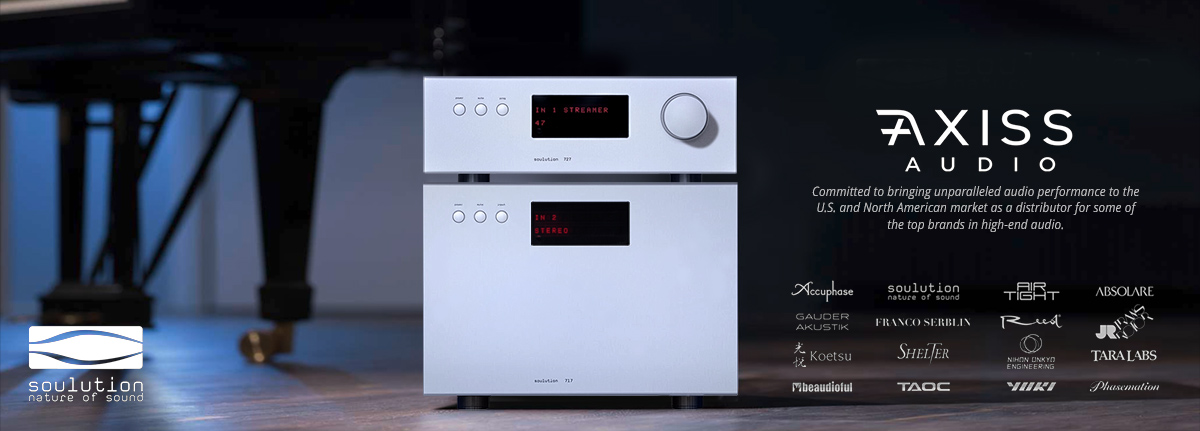Not to speak for Mike but I think you are missing his point in saying he "cannot be right." To me its kinda like this:
Real Music = X
Your view: A+B+C+D = Y and because Y = X + Z; Y can not equal X.
Mike's view: A+B+C+D = Y but in his system Z approaches 0; so therefor Y approaches X.
Of course a system is a combination of the all of it's sub-components but that in isolation is not proof Z will is incapable of approaching zero when such components are combined in an optimized fashion. In theory, theory and practice are the same unless they are different. In practice they are different unless they are the same.
That is extremely interesting. Are you really saying that in Mike's view, Z approaches 0? He does certainly write that one of his goals is for the system to disappear and leave only the music. I always assumed by this that he meant the information embedded in the recording. Perhaps Mike can clarify this if I am mistaken. It must get to the heart of what motivates him in his quest.
I don't read comments from Mike that suggest that he thinks his system sounds like real music. It may very well sound like the real thing, but real music is not his reference, or at least he does not write much about this. He has written that he uses his system, other systems, and his recordings as his reference over time, and gauges success and improvement by increased amounts of "musical truth" and his perception of his system disappearing. I assume that means he hears more of what is on the recording when he changes something and considers it an improvement. This is my interpretation of Mike's approach, and I would welcome being corrected if I am misstating it.
Bonzo, Jazzdoc, Ron, and many others have heard and love Mike's system. I have not read many comments that the symphony or jazz quartet sounds like live music. The comments are about other things. Perhaps I am mistaken and have missed such comments.
















